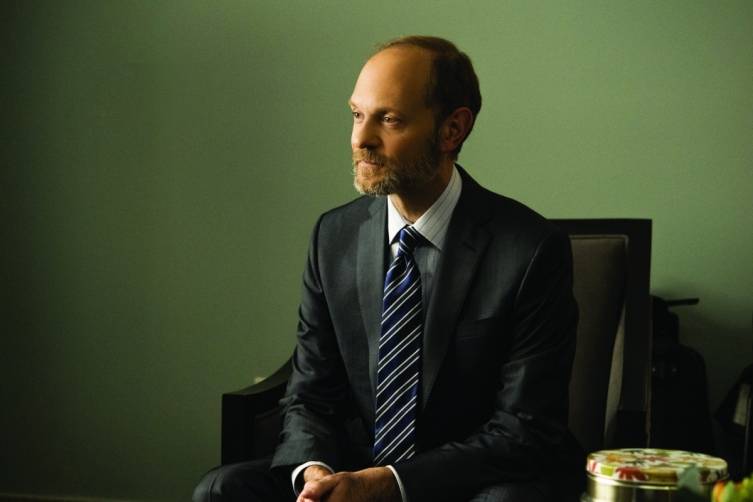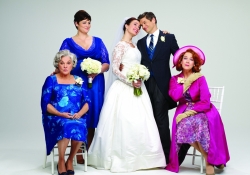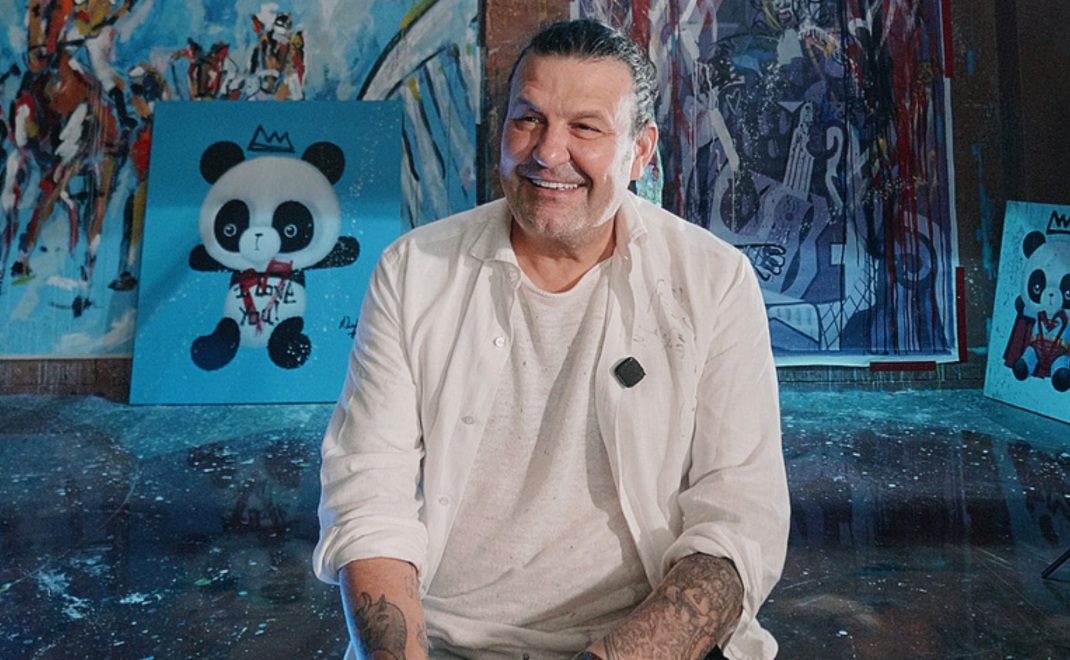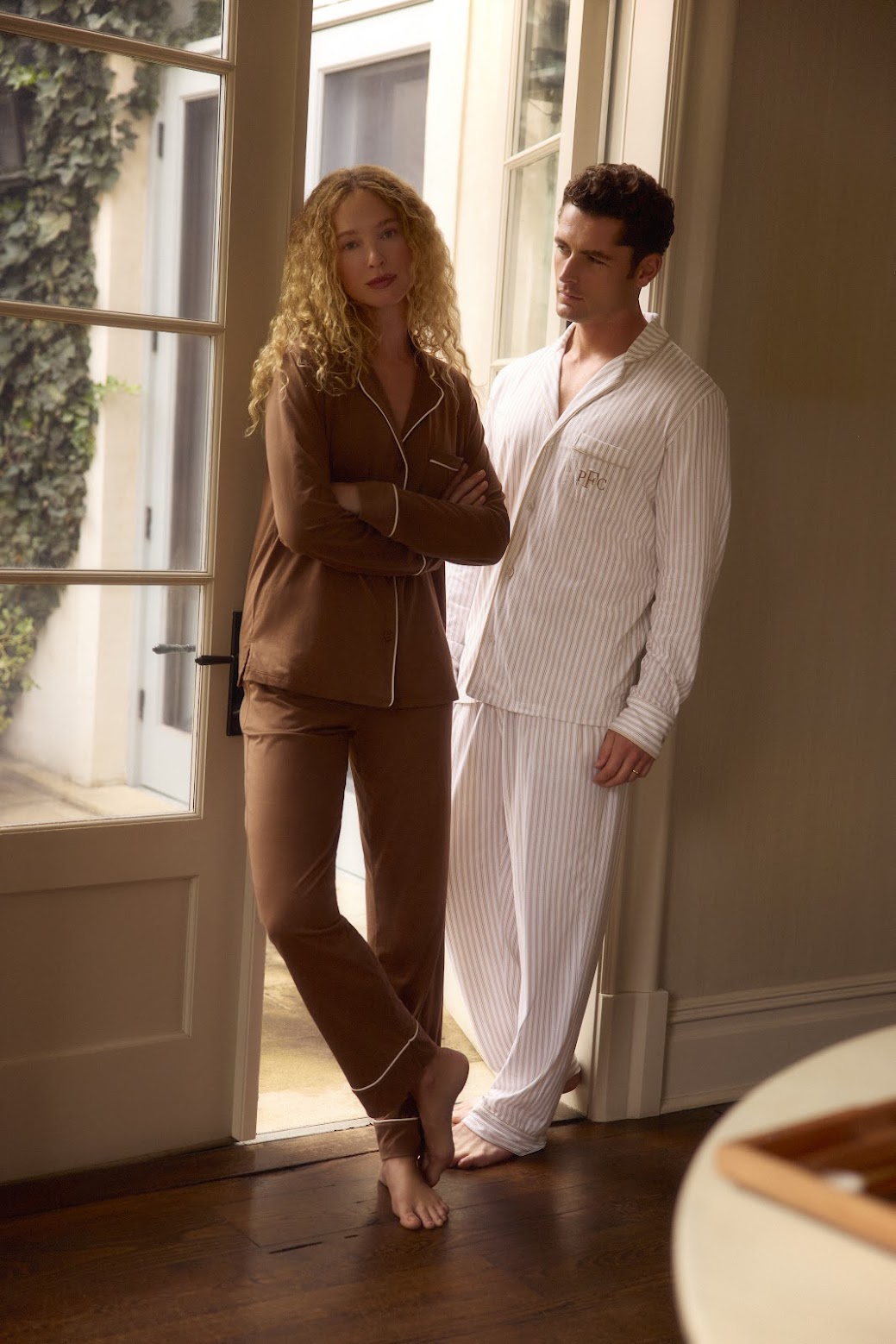David Hyde Pierce is Back on Broadway & Prime-Time TV
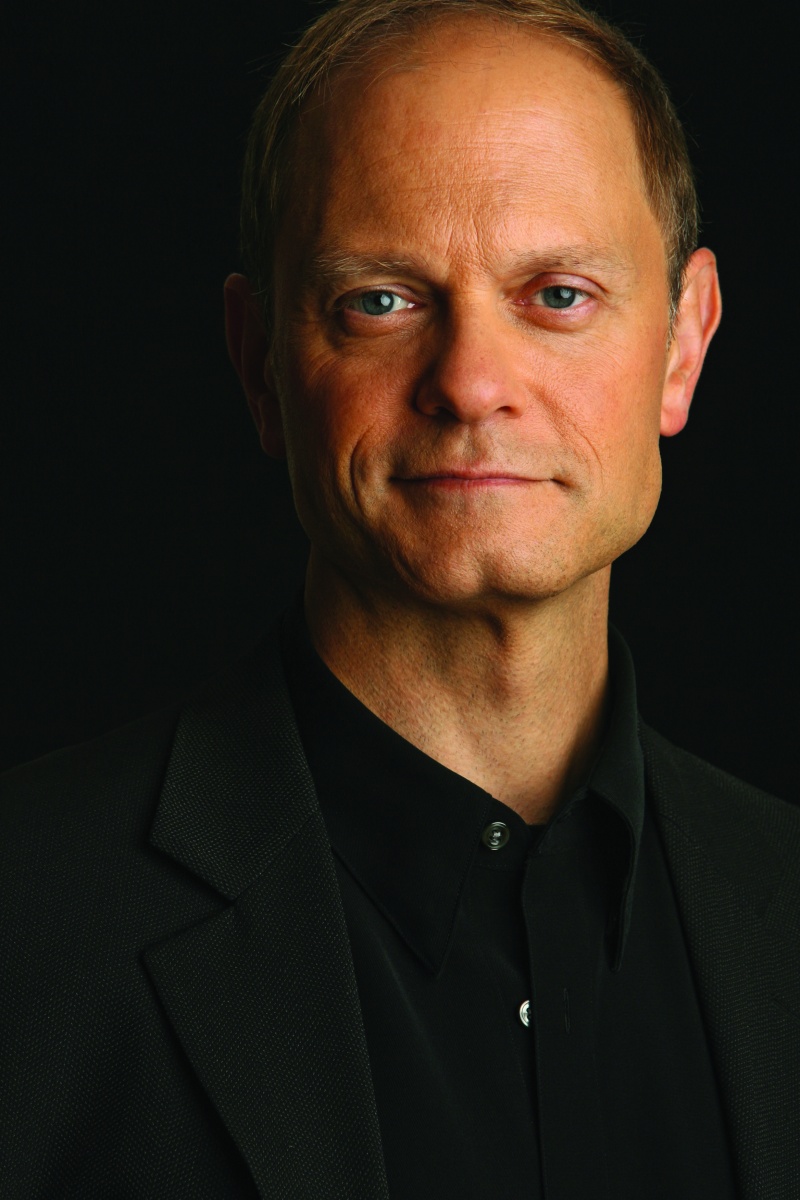
They don’t make actors like David Hyde Pierce anymore. He’s never mentioned in the tabloids for his outlandish antics, probably because he spends most nights cozied up in his Manhattan apartment with his husband and two Wheaton terriers—and you’re more likely spot him at low-key Cafe Luxembourg than trendy Cipriani Downtown. But recently, fans have been seeing Pierce in a new—or rather, old—medium: prime-time television. After taking a 10-year hiatus from TV following the conclusion of Frasier, the four-time Emmy Award-winner signed on for a six-episode arc on the Sunday night CBS drama, The Good Wife, opposite Julianna Margulies.
“I was so taken by the writing and the acting on it that I was really interested,” he tells Haute Living. “And then when they were describing the character that they were thinking of, I was even more interested because it was someone who was going to be involved in politics, and someone who may have had the best of intentions going into the political world, but who had to struggle to maintain his ideals in the reality of how you get elected these days. I thought that was such a real and current issue that we see played out every day. That really sealed the deal.”
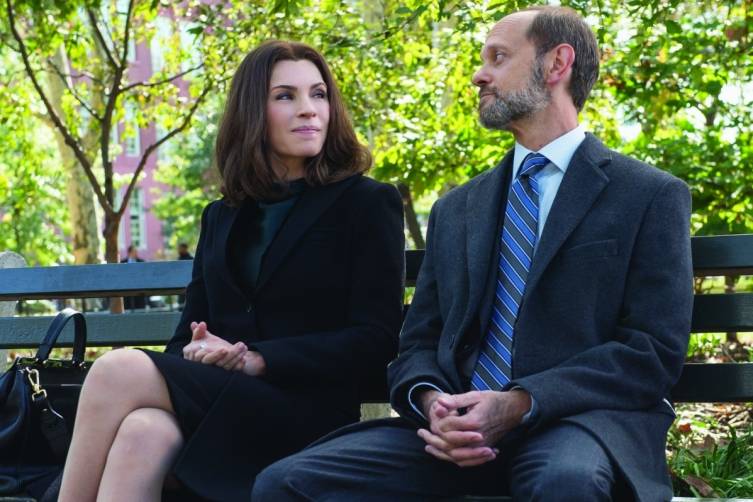
But what’s so impressive about Pierce’s stint on The Good Wife is his uncanny ability to make his character not only believable, but also likeable in the face of adversity. As a viewer, we know we should be rooting for the main character to pull ahead in the polls, but through a delicate balance of natural affability and understated confidence, Pierce manages to make the audience root for him, too. “What the writers have done so skillfully is make the character someone who seems to be a good guy,” he explains. “But, it’s a show where no one is who they seem… where people frequently change from one to the other. It creates great tension with the audience because as you’re watching, you keep thinking, okay, is this guy manipulating her, or is he for real?”
Though Pierce says he enjoyed his return to the small screen and cherished the opportunity to reconnect with the other cast members and guest stars—many of whom are old pals from the theater—his focus has shifted to a different kind of passion project: Broadway. Next month, the 55-year-old New York native will make his Broadway directorial debut in a new musical wedding comedy called It Shoulda Been You, starring David Burtka, Tyne Daly, Sierra Boggess, Harriet Harris, and Lisa Howard. “It’s a hysterically funny group of people,” he states emphatically. “They’re very quirky individuals and they’re real Broadway actors. They have the chops to sing; they can dance; and they can really play a scene.”
Featuring music by Barbra Anselmi and book and lyrics by Brian Hargrove [Pierce’s husband], the play follows a Jewish bride as she prepares to marry her Catholic boyfriend. When the bride’s ex-boyfriend shows up, the picture-perfect wedding begins to unravel, leaving the resourceful sister of the bride to turn an unmitigated disaster into happily ever after. With preview performances only weeks away, most directors would be riddled with anxiety and a mile-long to-do list, but Pierce, ever the seasoned veteran, appears calm as a cucumber. “I’m not really nervous. I’m excited,” he admits. “I’ve been on Broadway many times so I’m familiar with the world, and in a way, it feels like home. Also, this is a show that I love and care very much about, and I’m glad to be bringing it to Broadway. I’m excited to see how people receive it.”
But he already knows how one person will receive it—his husband of nearly 33 years. And not simply because Hargrove is part of the creative team, but because the two have a hard-and-fast rule: brutal honestly. “We have always been each other’s best and most honest critic and supporter, so working together as director and writer really didn’t change that dynamic,” Pierce reveals. “It made it a little bit more intense, but it’s been a lot of fun.” When conflict does arise, as it does in any type of collaborative relationship—especially in the arts—Pierce says the solution is simple: “We go at it.”
“Our strategy when there’s conflict is to fight through it and come out the other side,” he continues. “In this business, you really have to be honest with each other. You really depend on each other for perspective because when you get deep into the weeds of putting on a new musical, you can lose perspective. You can get so focused on one particular scene or on one particular character that you can lose the big picture. Or sometimes, you’re so focused on the larger production—the set, the costumes, and the lights—that you lose focus on the reality of what’s happening between the characters. You really depend on your collaborators to keep you in check and keep you seeing everything.”

